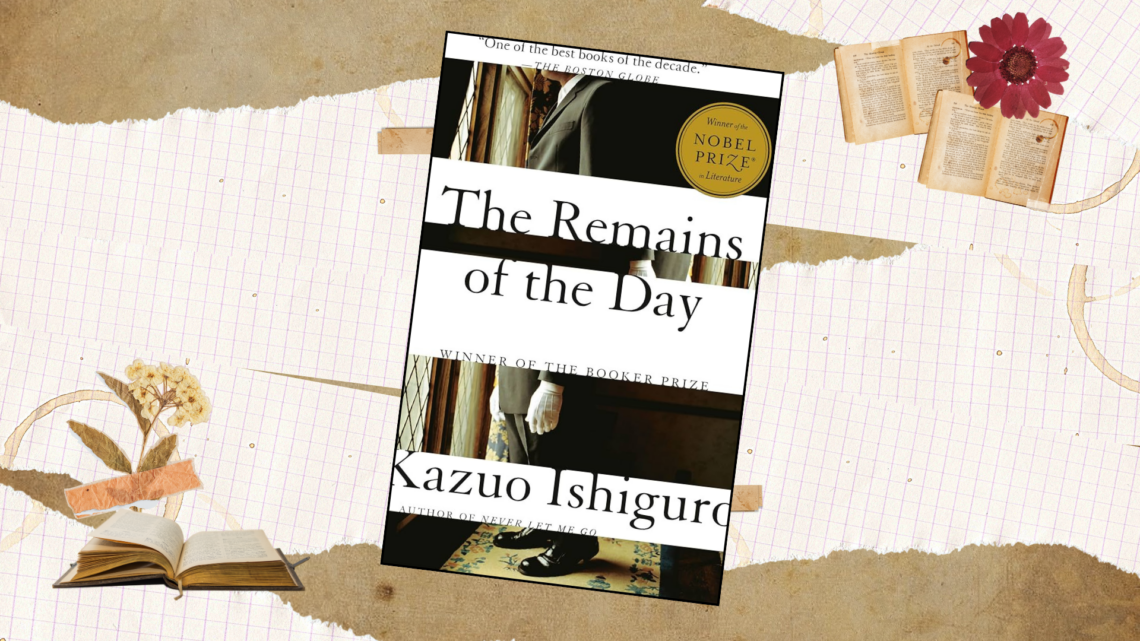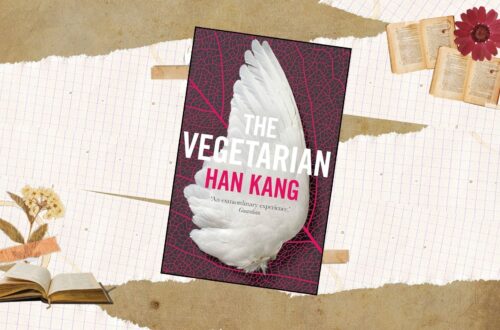The evening’s the best part of the day. You’ve done your day’s work. Now you can put your feet up and enjoy it.
Kazuo Ishiguro in The Remains of the Day
There is a certain experience that comes with reading this book.
Intensely moving and perceptive, The Remains of the Day remains, arguably, Kazuo Ishiguro’s best work. There is beauty in the subtleness of this novel. How it manages to be so subtle yet so profound at the same time is beyond me. There is agony and contemplation mixed into every crevice of this tightly-packed novel.
Stevens is the quintessential English butler; his time served coincides, unsurprisingly, with the twilight of the British Empire just after WWI. Realizing the importance of the history unfolding around him, he begins to surround himself with the propriety of being the perfect butler to his lord–Lord Darlington.
The Remains of the Day is more so a tale of restraint and recollection than one of action. Stevens is an unreliable narrator–he skillfully avoids revealing his emotions readily, focusing himself onto what he dubs the “dignity” required of every great butler. He lets relationships–perhaps the love of his life–slip through his fingers. He realizes that his life will end where it begin–in the heart of the Darlington Estate. Throughout his journal entries, there are a lot of avoidance on these realizations. Kazuo Ishiguro manages to skillfully portray this avoidance while still maintaining the undertone of Stevens’ mentality and beliefs crumbling down.
The Remains of the Day is hardly unknown, and for good reason. Stevens is a masterful embodiment of subtle pain, regret, and agony. Imagine an overflowing kettle–Stevens is desperately trying to keep a lid on his emotions. This is the story of how your own beliefs and the quintessential “social cues” of society can work against you. Even more so, this is the story of love, and the fleeting nature of it all.
~5 stars





